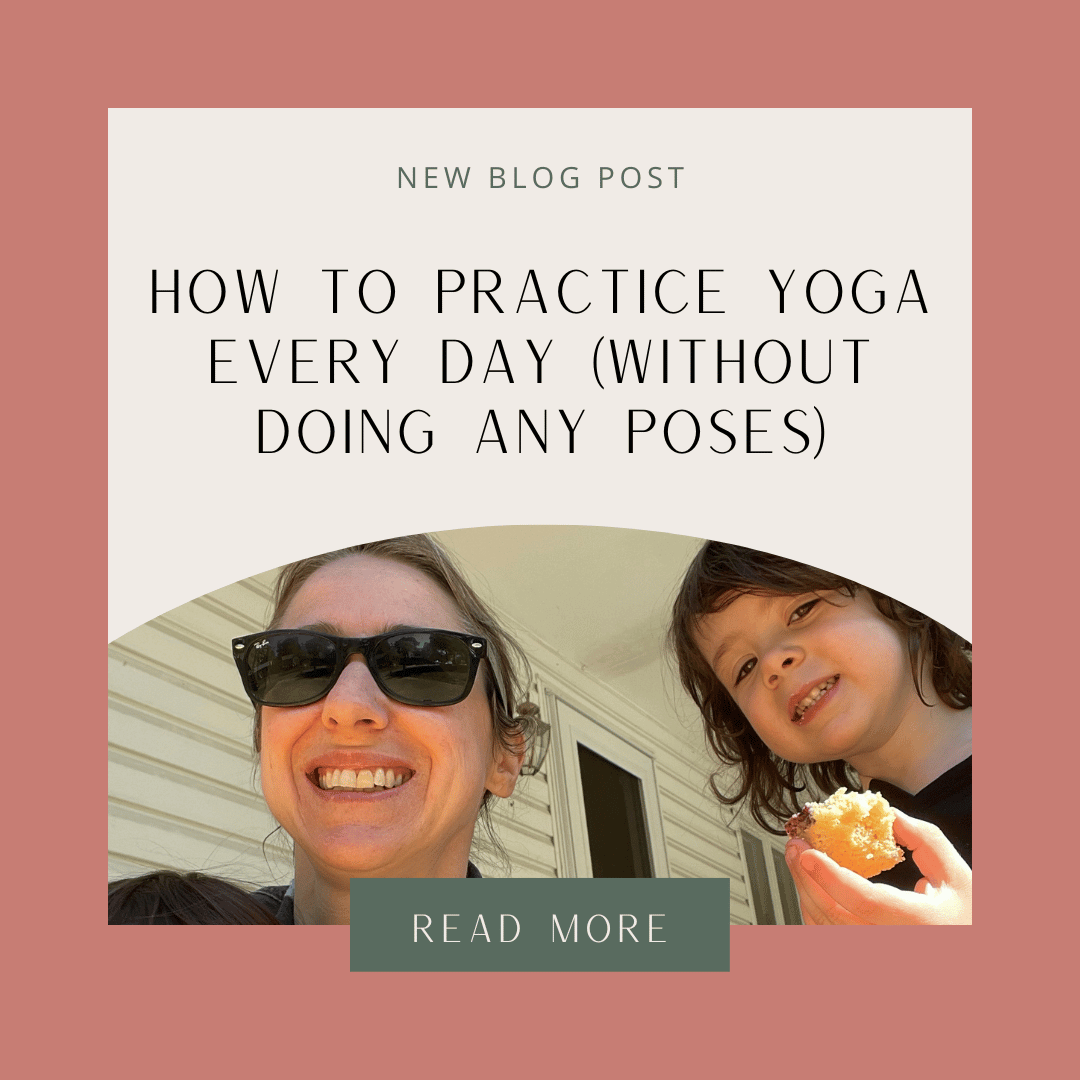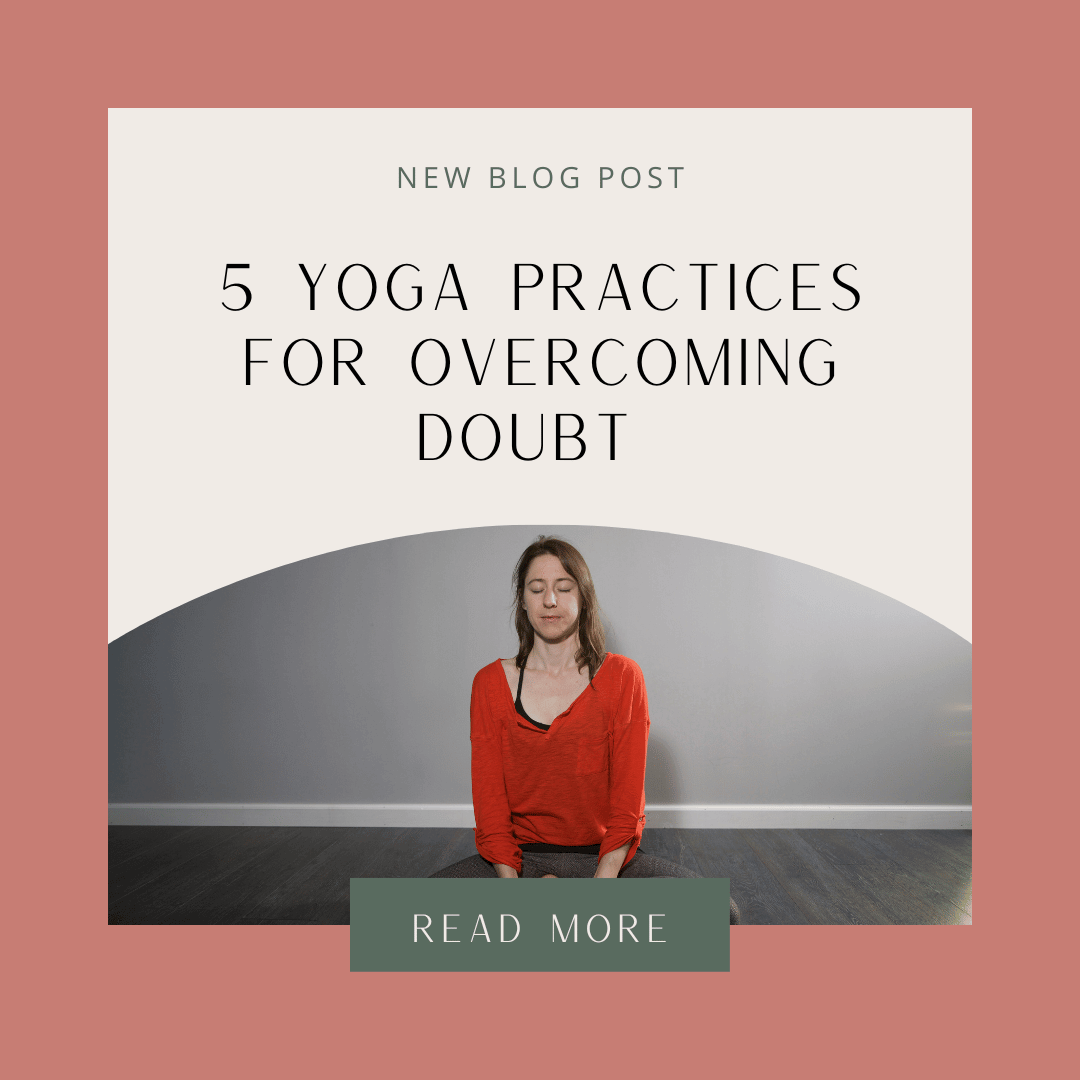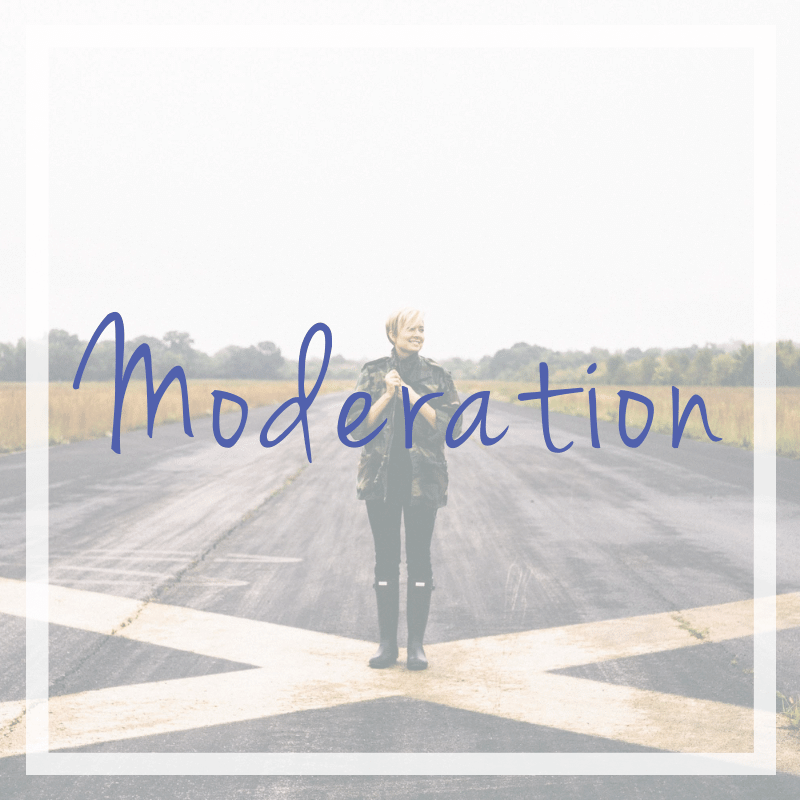Yoga lessons are abundant in daily life if we are open to receiving them. Over the past year and a half I have grown exponentially in recognizing these lessons and accepting the challenge of learning from them. This wasn’t because I was practicing asana daily or enrolled in a specific training program. It wasn’t because I was meditating every day or reading from the right books.
It was simply because I chose to show up and practice yoga in the face of intense personal turmoil. Often that practice looked like taking a deep breath, actively choosing compassion over anger or fear, or inquiring into the true state of my emotions and then doing something about it to bring me back into balance.
I made the choice to live a yogic life a long time ago, but sometimes life throws particularly challenging yoga lessons our way to test our resolve. I was certainly tested these past 18 months.
While I’m not allowed to publicly speak about the details of what happened, what I can say is that my foundation was shaken. When I teach about the chakras we start with the first chakra — the energetic center at the base of the spine represented by the grounding qualities of the Earth. The first chakra is about satisfying our basic needs like food, shelter, and financial security.
Without satisfying these basic needs it’s impossible to feed the upper chakras, which govern our creativity, relationships, power, love, expression, intuition, and bliss — the good and fun stuff!
It was in the first chakra that my family suffered.
Instead of focusing on all the negatives, I’m sharing with you today some of the lessons I learned from the journey.
I learned about attachment.
For a long time, I defined success as being financially successful in a career I loved with a loving husband who is also financially successful in a career he loves and that together we own a wonderful home and have a great family. I have a hunch this definition of success is familiar to a lot of people. It’s society’s outward definition and one I hadn’t really examined for myself.
In 2015 I was especially proud that as millenials my husband and I were able to buy a home in an expensive real estate market. I thought we were checking off our boxes on the path to success!
When “The Situation” happened I was devastated. It seemed my husband and I took a step down the ladder instead of up.
I realized how attached I had become to external markers of success. This detachment was one of the hardest processes I had to work through in my journey.
I realized I don’t own anything. Once you define something as yours be prepared to have it taken away. Maybe not tomorrow or the next day, but someday you won’t own it anymore and how that comes to pass is ultimately out of your control.
Yoga Lessons: In Yoga Sutra 1.12 we learn that we must practice without attachment to the fruits of our actions. This is especially evident in Karma Yoga, where the emphasis is placed on service to others and in Bhakti Yoga where the emphasis is placed on devotion to God (or your chosen deity) without expectation for anything in return.
It’s important to fight for what is right.
I like to think of myself as a citizen with a mission to make the world a better place. I care deeply about that mission. I care about the world. Sometimes there are things that need fixing in the world and fixing them aren’t easy. What is easy is turning away from the complexity and deciding it’s not my problem. “The situation” illuminated an innate instinct to fight even when the battle ahead is hard.
My husband and I were fortunate in moving through our journey that we had options that aren’t always available to everyone. It was important that we not only do the right thing, but continue to fight for the right thing in all matters as they become our problems.
I don’t like to fight, but it feels much better when you fight for what is right and you do it with dignity. I strived to fight with dignity every day of our battle and I think my husband and I were able to do that. For that I am proud of us.
Yoga Lessons: In the Bhagavad Gita, Krishna teaches Arjuna to follow his dharma (divinely prescribed life path), even when it meant fighting against his family. The right thing to do was to protect the people he served as a prince and leader, and so Arjuna fought. When you are in relationship, it’s best you take that role seriously even when the consequences of leading may end up hurting you personally.
Never give up.
Very early on in “The Situation” my husband and I were told by an authority figure to throw in the towel and give up. At first, we took this advice. Even so, I continued to ask for help from my community. Miraculously, and in an incredibly ironic turn of events, help appeared. Had my husband and I listened to someone whom society tells us to trust, our lives would be very different today.
It’s important to go with your gut and to ask for help from your community. Even when it makes you feel vulnerable. Even when it stirs up fear and feelings of inadequacy. You never know who is out there waiting to help you. They could change your life.
Yoga lessons: Have faith (See Yoga Sutra 1.20.)
Similarly…
It’s all about who you know.
I’ve heard this saying so many times throughout my life and I never wanted to believe it. I want to believe that hard work will take you far because I’m good at working hard. And it will take you far but you can’t do anything in life alone. You also need to know the right people. My husband and I both can do a better job at cultivating relationships, but this time we did get lucky.
Yoga Lessons: Your sangha, or community, is important as is having the right teacher to guide you. In the Mahabharata and in the Ramayana, the main characters’ relationships prove to be more important then their skills alone.
Be a good person.
My husband and I felt wronged as we suffered the consequences of “The Situation.” What was extremely clear to me from the very beginning, and I can’t quite say how or why, was that I not react with vengeance. I didn’t want anyone to be harmed. Karmically it was important for me to take the moral high ground.
I had every right to be angry, but more then anything I was just sad.
I had to remember every day that I know nothing about the battles others are fighting or why they make the choices they do. And it’s not my place to try and understand.
It is my responsibility to accept what is and extend compassion (or at least indifference). I may not have always succeeded on this front, but I tried my best to make this a personal pillar of my yoga practice throughout our ordeal.
Yoga Lessons: My favorite mantra is listed in Yoga Sutra 1.33. I prefer Swami Jnaneshvara’s translation:
“In relationships, the mind becomes purified by cultivating feelings of friendliness towards those who are happy, compassion for those who are suffering, goodwill towards those who are virtuous, and indifference or neutrality towards those we perceive as wicked or evil.”
People want to help AND ego gets in the way of that.
One of the hardest things to face in “The Situation” was when my husband and I needed to ask for help. We found the response overwhelmingly positive and generous at the same time that we came up against the pride, ego, and personal struggles of others.
Some people were unable to help, even when they wanted to, because it made them look bad in their own communities. This realization made me very sad. The truth isn’t always rainbows and unicorns. This reaction helped me reflect on my own tendencies to preserve my status, my ego, and my pride in situations where I can be of service to others.
Yoga Lessons: Patanjali talks about the ego as an obstacle to enlightenment and happiness in Sutra 2.6. Practices to remove this obstacle include the practices of the 8-limbed path of yoga such as asana, pranayama, and meditation.
Space needs to be functional, not big.
I’ve talked about the concept of space often on this blog. Space is probably my favorite element. I’ve always valued space and have had the great fortune of living in the West, where space is in no short supply. Vast space is comforting and peaceful to me, but I learned throughout my journey that space does not need to be big to be comfortable (another societal value that needs examining). It just needs to be functional.
How you arrange your space has a lot to do with how that space affects you.
Yoga Lessons: This realization helped me put into practice one of the Yamas from Patanjali’s Yoga Sutra: aparigraha (Sutra 2.39). Aparigraha is normally defined as non-hoarding, but I like to think of it as generosity. When you take the perspective of not owning anything (see above) then you don’t have as much of a problem giving up things, ideas, or space. You are better able to give away what you don’t need and you are less distracted by the mental energy of gripping onto what no longer serves you.
I can be happy without things.
This is a truth many of us intellectually understand but rarely get the opportunity to practice.
For most of the past 18 months, I lived with about 1/3 of the things I own. Early on, I determined what was necessary, leaving behind everything else including many sentimental items. Although I’ve certainly suffered emotionally, I still found happiness in the day-to-day without a majority of my things.
I still flourished in my relationships. I still smiled and laughed. Good things happened and my life moved forward.
I realized I don’t really need much to live well. In fact, when I recently moved and became reacquainted with the other 2/3 of my things, I’d largely forgotten what I owned. (Because remember, I don’t own anything!)
Yoga Lessons: This lesson to me underscores a general truth of the practice of yoga as I understand it. Yoga is an inside job. Happiness comes from the inside. Trying to find happiness in things outside our Selves is a waste of time.
Patience.
“The Situation” took a long time to resolve. In the grand scheme of things, 18 months doesn’t seem so long, but when you’re in it, it can seem like forever. I have always known that I’m not the most patient person, but in this case all we could do was wait if we wanted any type of beneficial resolution.
Yoga Lessons: In the Yoga Sutras (1.14), Patanjali warns us that the practice of yoga is gradual and must be practiced for a long time without interruption. If you replace the word yoga with the word life, this statement is still true. If you commit to doing the right thing, be a good person, take the right action, serve others, and keep the faith while releasing all expectations, then it’ll all work out.
I’m stronger then I thought I was.
And more resilient. I have my yoga practice to thank for that.
Have you dealt with challenging life “situations”? If so, I encourage you to spend some time writing in a journal all the lessons you learned and how your yoga practice has helped you in both obvious and more subtle ways. Writing it all out and reflecting on your life lessons can be comforting, calming, and empowering. Plus, you’ll also be celebrating how your yoga practice shows up in your daily life!
Namaste.
Disclaimer: The information on this site is not intended to substitute for or be taken as professional medical advice, diagnosis, or treatment. Please see a qualified medical professional if you have physical, mental, or emotional health concerns.





